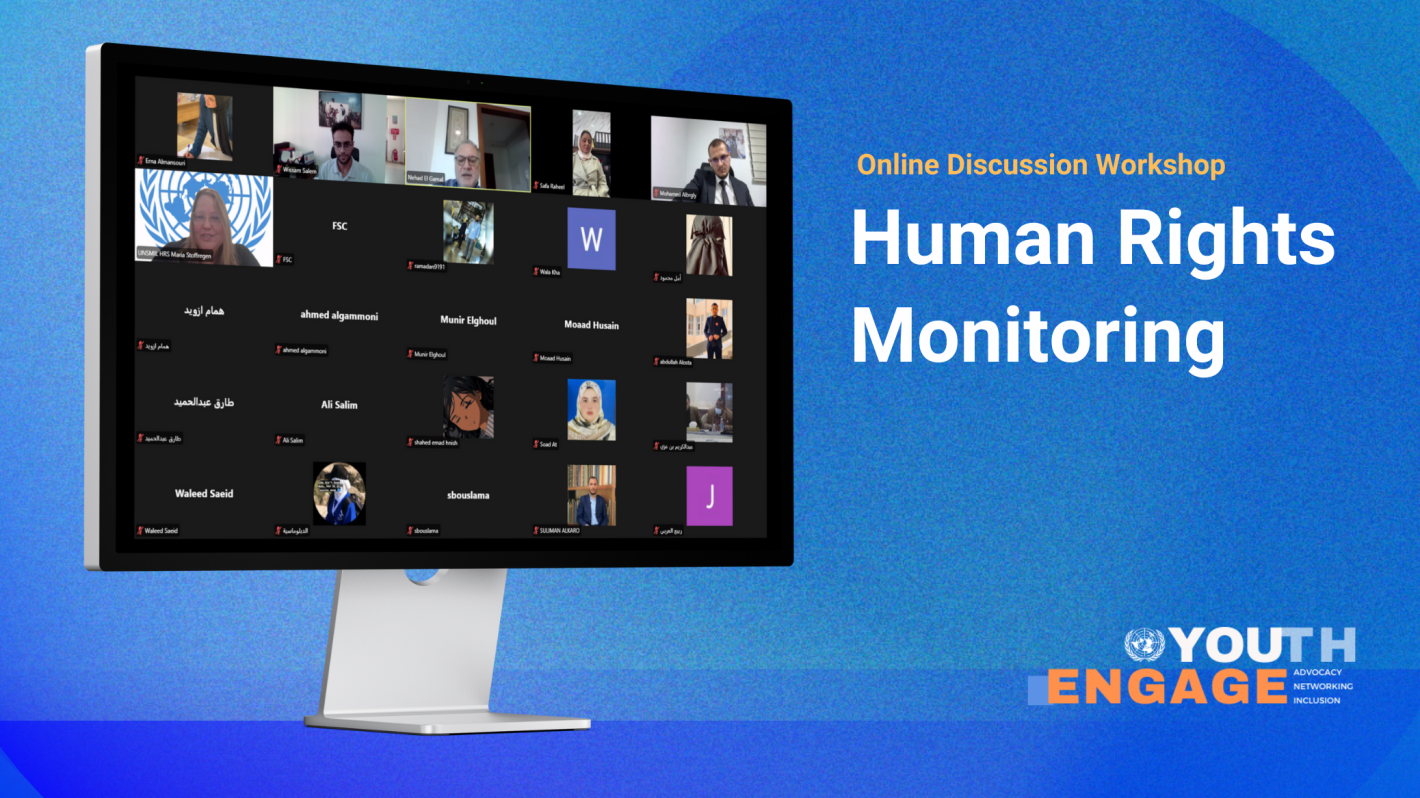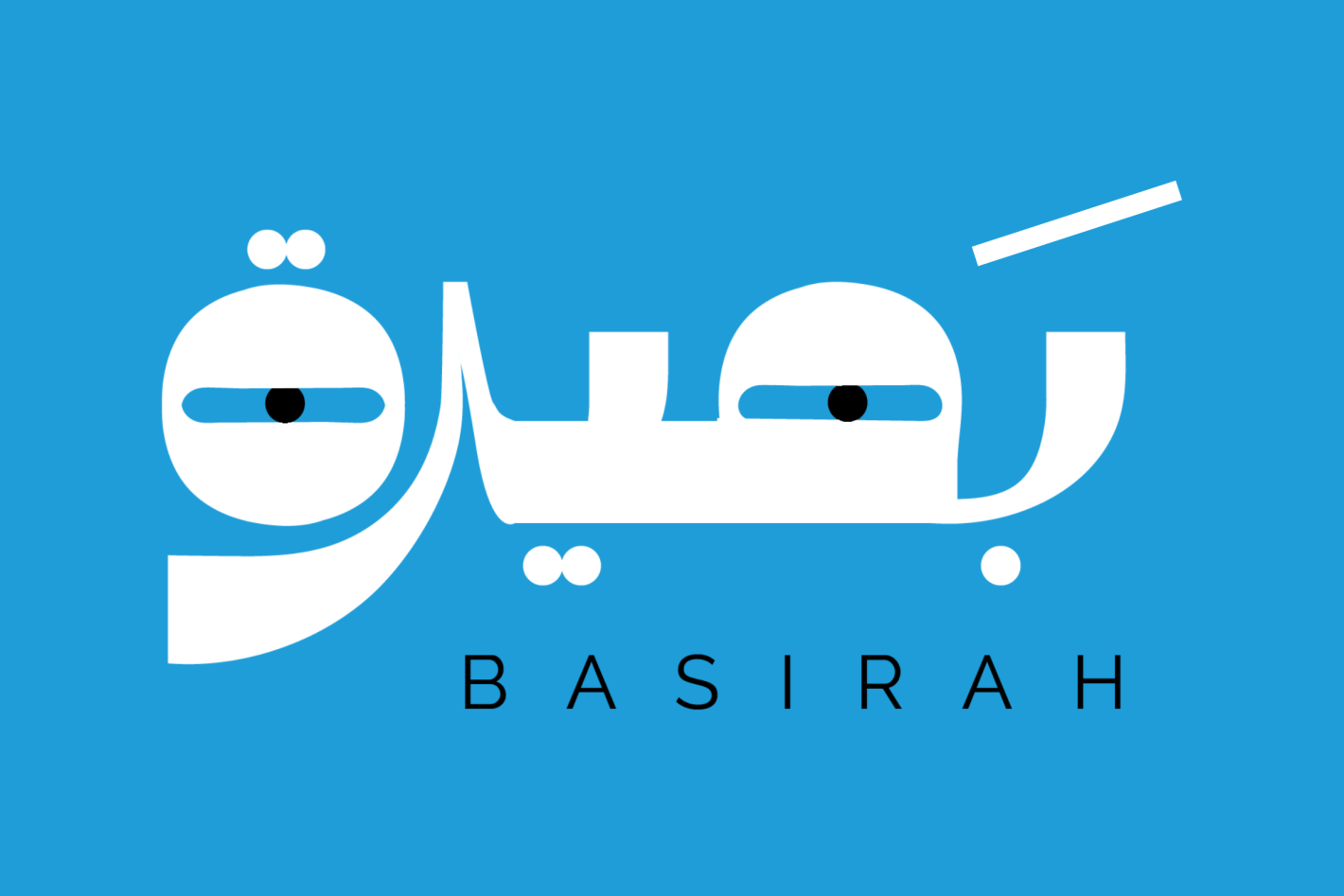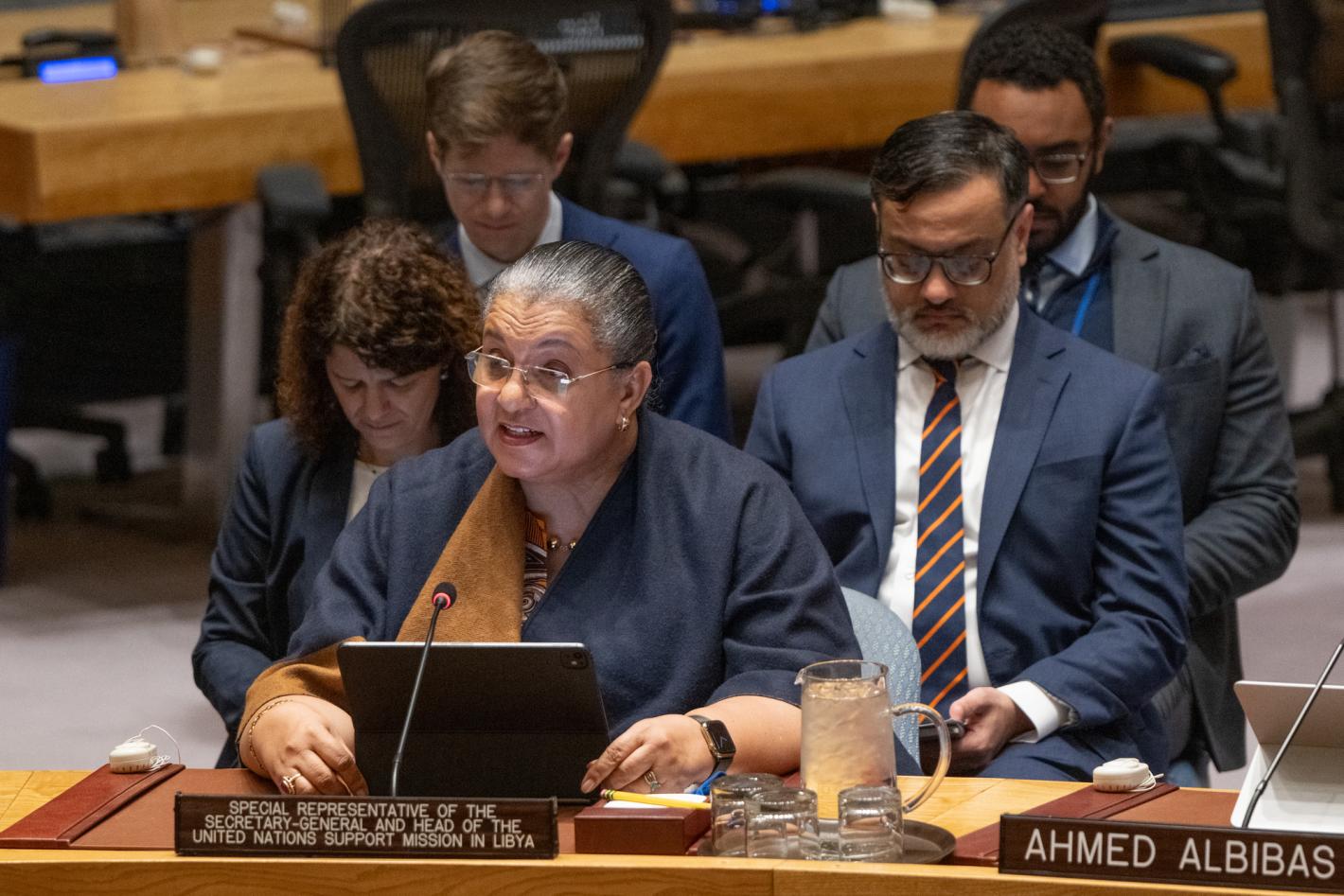TRIPOLI – 17 November – Thirty-five young men and women from across Libya joined experts from UNSMIL’s Human Rights Section on Tuesday to learn about human rights monitoring and reporting and exchange ideas on how to overcome some the challenges in Libya.
During the workshop, thirteen young women and twenty-two young men were introduced to different sources of human rights law and standards that countries, including Libya, have pledged to uphold. Experts explained human rights reporting mechanisms, covering UN mandates for monitoring, fact-finding and investigation. They also highlighted the importance of confidentiality, impartiality, objectivity, accuracy and the do no harm principle.
“Human rights monitoring and reporting is a crucial tool for preventing and addressing violations and abuses,” said Maria Stoffregen, UNSMIL Human Rights Officer. “Relying on facts and verified information allows us to analyse root causes and develop actionable recommendations, reinforcing the state’s responsibility to respect, protect and fulfil human rights.”
Participants highlighted the importance of raising awareness about human rights mechanisms in Libya. They stressed that a deeper understanding of the outcomes and recommendations from these processes could empower communities and young people to address and overcome challenges.
After working in breakout groups, the participants recommended the following:
- Establish a platform or a network to help mediate between institutions and civil society guided by actionable recommendations from human rights monitoring and reporting.
- Use new technologies can enhance youth’s engagement with and understanding of human rights reporting mechanisms.
- Include young people in workshops alongside community leaders on human rights monitoring and reporting to understand the mechanisms available. Youth should be able to raise awareness of these among their communities.
- Raise the competencies of activists working in the human rights sector, including for women to increase opportunities for their engagement in economic and civil society.
- Work with the government to enhance legal protections for those who report or witness human rights violations.
- Increase psychosocial support for victims and witnesses, facilitating their reintegration into society.
- Raise awareness around the rule of law among young people so that they are aware of their rights, particularly those within armed groups.
- Youth voices should be integrated into decision-making processes, and partnerships should be established between government and civil society to increase young peoples’ access to decision-makers.
- For long-term results, integrate Human rights law and reporting mechanisms in the national school curriculum in Libya.
- Conduct to see how youth can better engage on human rights issues.
“Civil society in Libya is nascent,” said one participant adding that those working in it often lacked expertise. “There is also a lack of trust between civil society and communities which needs to be rectified.”
Other participants added that human rights violations were ongoing in Libya, and therefore those working in the sector needed to unify their efforts in order to advocate for improvements. “An equal society can only be achieved through respect for human rights and social justice,” they said.
The workshop was a part of a series organized by UNSMIL under its YouEngage programme, which aims to engage 1,000 young men and women across Libya on different topics. The goal is to gather their ideas and recommendations to inform UNSMIL’s youth-oriented strategies, promote inclusion, and amplify the voices of those who are traditionally excluded.






